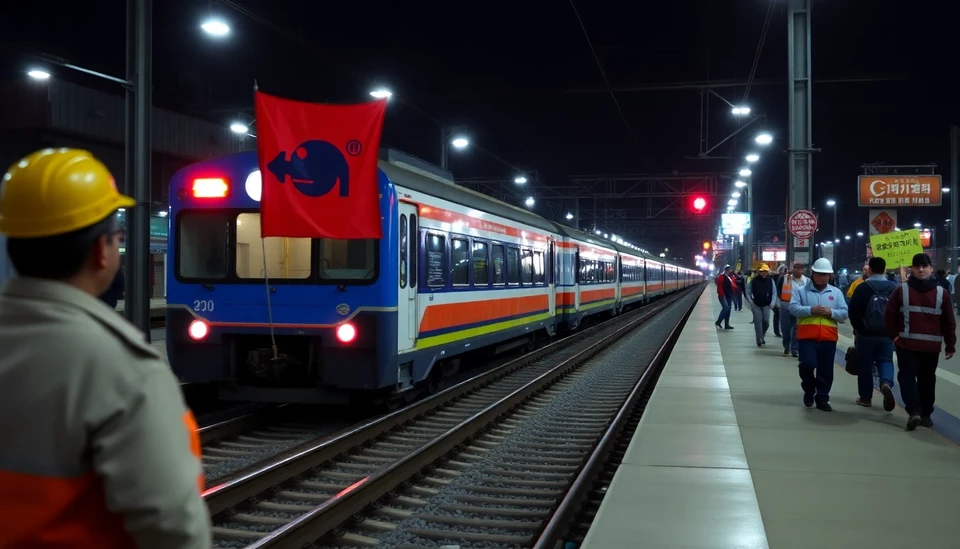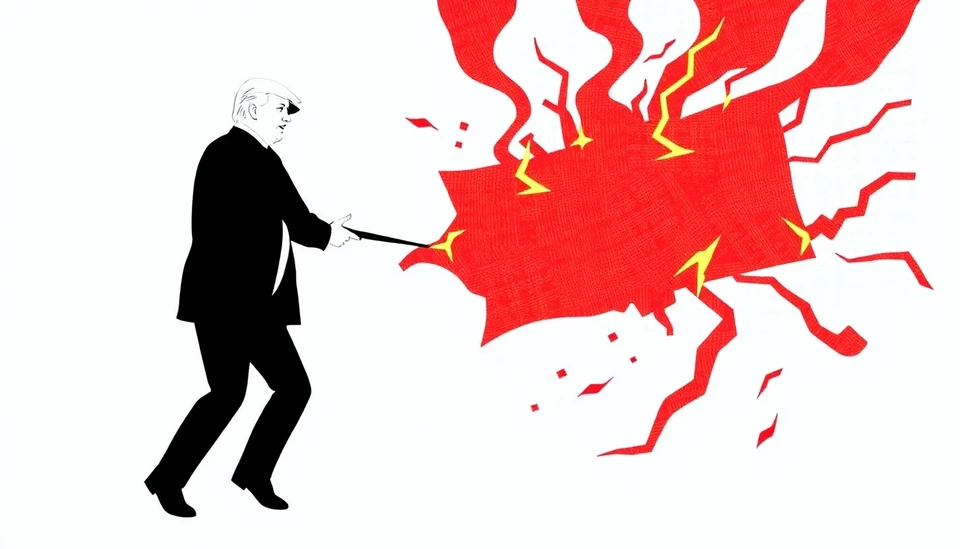
In a significant escalation of ongoing labor tensions, Korea's largest rail union has initiated an indefinite strike, which has the potential to disrupt transportation services throughout the region. The striking action, which began on December 4, 2024, marks a critical point in a prolonged standoff between union representatives and management regarding wage increases and improved working conditions.
The Korean Railroad Workers' Union (KRWU), representing thousands of rail employees, has emphasized that the strike is a response to management's failure to address longstanding grievances, including insufficient wage adjustments that have not kept pace with inflation and rising living costs. Union leaders argue that the ongoing delays in negotiations have left workers feeling undervalued and overextended, further exacerbated by the increasing demands on their labor.
According to union officials, picket lines have been established across key railway stations, and workers are rallying in solidarity to advocate for their rights. The impact of the strike is expected to ripple through not only passenger services but also freight operations, potentially affecting the supply chain and travel plans for many residents and businesses.
In a statement released just before the strike commenced, a union spokesperson declared, "Our members have reached a breaking point. We are committed to fighting for fair wages and improved working conditions." The union's call for action reflects growing frustration among workers who feel that their contributions to the national economy are not being prized appropriately.
On the management side, the Korea Railroad Corporation (KORAIL) has expressed disappointment over the strike, urging workers to reconsider their stance. They have stated that they are open to discussions but have also highlighted the need to balance employee demands with the financial health of the corporation. KORAIL management has indicated that continued strife could lead to more severe repercussions for the railway system, potentially compromising safety and service efficiency.
The ripple effects of this strike extend beyond just the railway employees; they could significantly impact commuters, tourism, and logistics. Many individuals rely on the railway for daily commutes, and businesses depend on freight services for timely deliveries of goods. Local governments and transportation authorities are closely monitoring the situation, as prolonged disruptions could prompt public outcry and further complicate negotiations.
As the strike unfolds, observers anticipate that both the union and KORAIL will be compelled to engage in dialogue to find a resolution. Negotiations are critical in averting a drawn-out conflict that could have lasting implications for the rail transport sector and its workers. The situation is being closely watched as the public weighs in on the balance between worker rights and the need for operational stability.
In conclusion, with the indefinite strike now in effect, the demands of the KRWU echo the growing sentiment for fair labor practices across industries in South Korea. This moment could serve as a pivotal point for labor relations in the country, setting a precedent for future negotiations between unions and management in various sectors.
As updates regarding the strike and negotiations are expected to unfold rapidly, stakeholders from all sides will be on alert for any developments that could alter the current landscape of Korean labor relations.
#KoreaRailStrike #LaborUnion #KRRWU #StrikeAction #KORAIL #LaborRights #TransportationDisruption #WorkersUnite
Author: Victoria Adams




